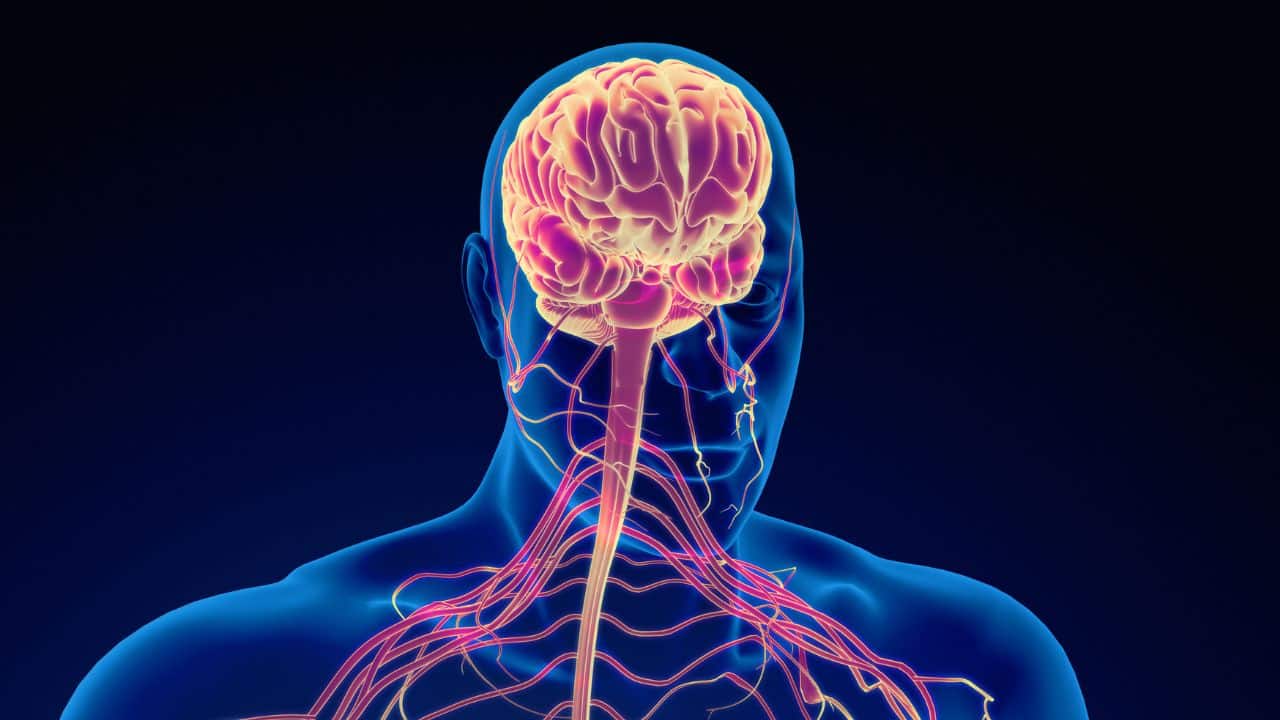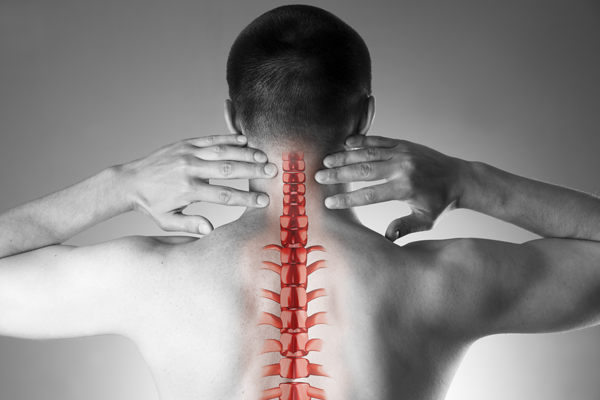- April 1, 2024
The difference between your sympathetic and parasympathetic systems is that your sympathetic system prepares you for physical activity, while the parasympathetic system controls functions while your body is at rest. Both systems are part of your autonomic nervous system, which controls different bodily processes.
Understanding the differences between sympathetic and parasympathetic is important, especially if you’re trying to recover from an injury or chronic condition. A chiropractor or physical therapist might mention these systems when you book an appointment, so having a general understanding of how each one works may be helpful.
About the Sympathetic Nervous System

The sympathetic nervous system turns on your body’s flight-or-flight response, per Cleveland Clinic. The sympathetic nervous system becomes more active when you’re stressed, performing physical activities, or in danger.
When you’re in a high-stress situation, your sympathetic nervous system helps to increase your heart rate and increase blood flow to areas of the body that can help you get out of danger.
- The sympathetic system affects your body in the following ways:
- It increases your heart rate.
- It improves the flow of oxygen to your lungs
- It enlarges your pupils to improve your vision with more light.
- It delays digestion to allow energy to flow to other areas of your body.
Essentially, your sympathetic nervous system helps your body when it needs to act quickly or respond to strenuous situations. If you’re exercising, sick, or getting away from danger, your sympathetic nervous system is helping you.
Health Conditions That Could Affect the Sympathetic Nervous System
If you notice symptoms associated with any of the following issues, see a doctor right away:
- Type 2 diabetes: This can cause your blood pressure to drop when you stand up.
- Anxiety: Anxiety disorders and chronic stress can take a toll on your nervous system, increasing the risk of obesity and other issues.
- Cancer: Phenochromocytomas affect your adrenal glands. These glands can release too much adrenaline, which causes your sympathetic nervous system to be more active than necessary.
- Horner’s syndrome: This can cause one pupil to be smaller than the other, eyelid drooping, and lack of facial sweating. Horner’s syndrome affects the sympathetic nerve connections in your face.
Infections, multiple system atrophy, and trauma can also negatively impact the sympathetic nervous system.
About the Parasympathetic Nervous System
Your parasympathetic nervous system controls many of your bodily functions, according to Cleveland Clinic. Your heart rate, blood pressure, digestion, and more are all controlled by your sympathetic nervous system.
In contrast to your sympathetic nervous system, your parasympathetic nervous system is responsible for reducing your body’s activities. Here’s how your parasympathetic nervous system affects some of your body parts:
- It helps to lower your heart rate.
- It helps your mouth produce saliva and your nose produce mucus.
- It decreases the amount of work your lungs need to do while you’re resting.
- It makes your pupils smaller to limit how much light reaches your eyes.
- It helps with tear production and improves your close vision.
- It helps you urinate and defecate.
- It allows you to digest food and break down sugars.
Health Conditions That May Affect the Parasympathetic Nervous System
Certain health conditions can affect the parasympathetic nervous system. However, with treatment from the right doctors, you can keep your symptoms under control.
The parasympathetic nervous system can endure issues like:
- Type 2 diabetes: This condition can damage your sympathetic nervous system, so it’s best to visit a doctor as soon as you notice symptoms.
- Multiple system atrophy: Like Parkinson’s disease, multiple system atrophy can damage your autonomic nerves over time.
- Congenital and genetic conditions, such as forms of amyloidosis, which causes issues with your liver.
- Nerve damage from injuries, especially injuries to your spinal cord or nerve structures.
Keeping Your Nervous System Healthy
Keeping your nervous system in good working order means taking certain preventative measures. Most doctors will recommend taking the following measures to keep your sympathetic and parasympathetic nervous systems healthy:
- Eat a well-balanced diet: Any type of vitamin deficiencies can negatively impact your nervous system. Be careful not to overuse vitamins though, as this can have toxic effects on your body.
- Don’t abuse substances like drugs and alcohol: Drinking too often or taking drugs can damage your nervous system. You should even be careful when it comes to prescription drug use.
- Maintain a healthy exercise routine: Staying physically fit can help you prevent type 2 diabetes, which can seriously damage your nervous system.
- Keep yourself safe: If you are working in a dangerous industry, participating in sports, or performing any type of activity that may be risky, ensure you wear the proper safety equipment. Nerve injuries can be painful and difficult to treat.
- Don’t disregard chronic conditions: If you notice symptoms of an adverse health condition, visit your doctor for advice on how to improve your condition.
Can Chiropractic Treatments and Physiotherapy Benefit Your Nervous System?
When most people think of chiropractic medicine, they think of spinal adjustments and injuries affecting the back. However, chiropractic care and physical therapy can help improve issues with your nervous system. Many patients seek chiropractic care to benefit their nerve function, increase range of motion, reduce swelling throughout the body, and improve circulation. Beneficial chiropractic treatments include:
- Diversified adjustments
- Lumbar side posture adjustments
- Thompson drop-table technique
- Knee-chest adjustments
- Toggle recoil
- The activator method
Similarly, physical therapy services like massage, stretching and strength training, and corrective care can help heal your nervous system and reduce the pain you feel.
Call Specific Care Chiropractic Today to Learn More About the Sympathetic and Parasympathetic System
The team at Specific Care Chiropractic can help you understand more about your nervous system and its functions. Call us today to set up your first appointment and discuss your condition with our team. We’re available at (239) 369-9109.







